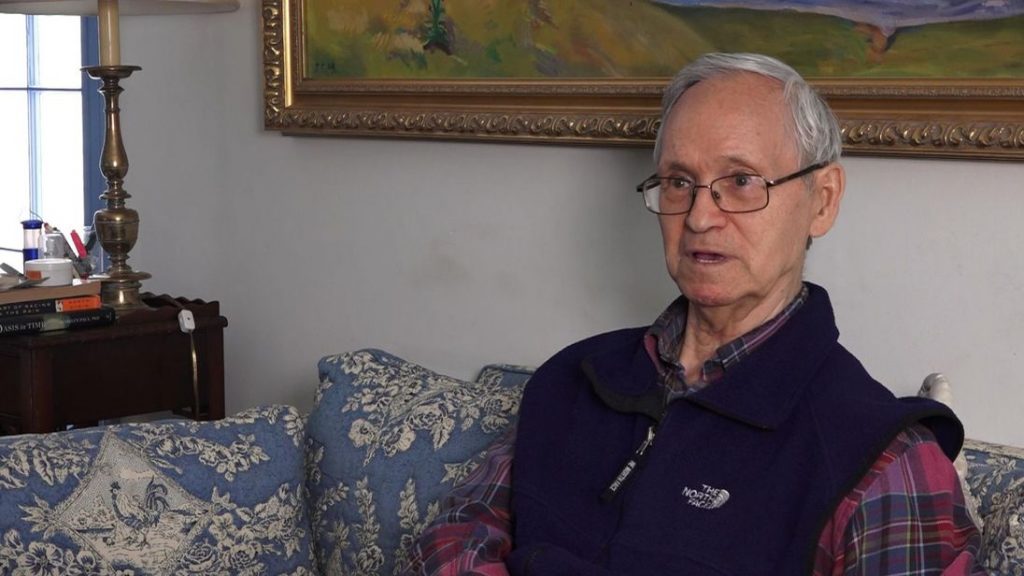A Russian chemical weapons scientist has told Sky News that people exposed to even tiny traces of the nerve agent used to attack a spy and his daughter in Salisbury could be in danger of developing symptoms in years to come.
Dr Vil Mirzayanov is a chemist who ran the technical counter-intelligence department in Russia’s chemical weapons institute.
He helped make “novichok”, the class of nerve agents the British government says was used to poison defected spy Sergei Skripal and his daughter Yulia.
The doctor said that even minuscule amounts could affect victims, and that symptoms could develop “in years”.
But responding to an inquiry from Sky News, Dr Jenny Harries, Deputy Medical Director at Public Health England, said: “PHE has been working very closely with the police and national experts on chemical weapons since the start of the incident and our risk assessment is based on knowledge of the chemical used.
“Our advice remains that the risk to the general public is low.”
:: Public faces ‘low risk’ after chemical attack, health officials insist
More than two decades ago, Dr Mirzayanov became so concerned about novichok that he blew the whistle and fled to America, where he campaigned to get all chemical weapons banned.
He spoke to Sky News at his home in Princeton in New Jersey.
He said: “It’s the same as nerve gas but 10 times, at least 10 times, more powerful.”
The scientist emphasised that Novichok was designed to do “irreparable” damage to the human body.
He said it would leave those exposed to significant doses, like Mr Skripal and his daughter, as “invalids” who would need medical assistance for the rest of their lives.
:: LIVE: Deaths to be re-examined for Russia links
He spoke of a colleague who died after accidental exposure to a small amount in his lab.
“That’s it,” he said. “No cure.”
Dr Mirzayanov also talked about the risk of trace contamination to hundreds of members of the British public who may have been in the vicinity of the attack around the time it happened.
He described “headaches, difficulty thinking, and also co-ordination (issues), a lot of problems”.
When asked about the advice given by Public Health England, including washing clothes and wiping down belongings, he said: “Sure it’s useful, but not enough, absolutely not.”
He said that anyone who may have been exposed should be offered “permanent medical surveillance”.
:: Novichok nerve agent: What exactly is it?
Dr Mirzayanov said that novichok, which means “newcomer”, can be made from two separate compounds similar to chemicals used in agriculture, and which crucially are not on the chemical weapons convention banned list.
In that way, he said, novichok could be transported to the site of an attack in its constituent parts without detection, and once assembled the tiny micro particles could easily be deployed using an aerosol, spray, liquid or wipe.
He thinks it is likely that the attack was carried out using a spray, which maximises the chances of a victim getting the nerve agent on their skin and also inhaling it.
Dr Mirzayanov described the secret development of the powerful nerve agent as “a plot against the world” designed to maintain chemical weapons capability without having to declare it to the international community.
:: Russia ‘highly likely’ to be behind Salisbury attack
The Russian government has denied any involvement in the Salisbury poisonings, but Dr Mirzayanov says that only Russia could have carried out such an attack, characterising novichok as a “fingerprint”.
He said the use of it on British soil was his “worst nightmare.”
From – SkyNews


